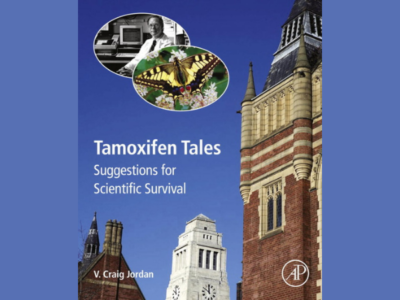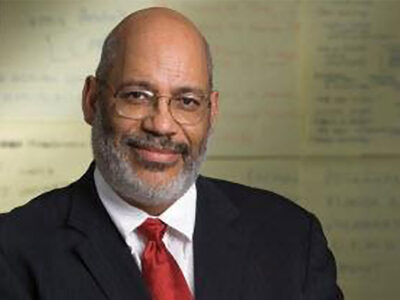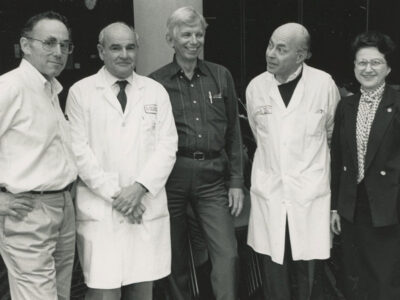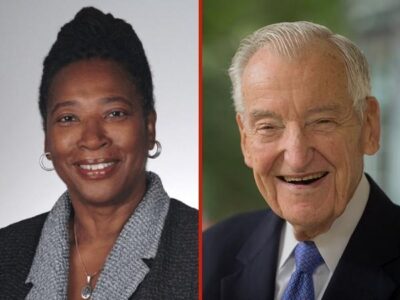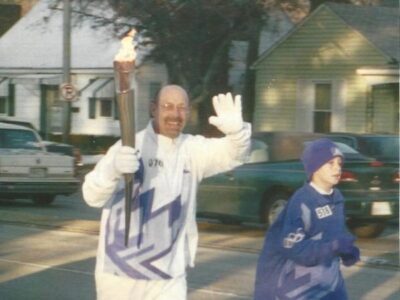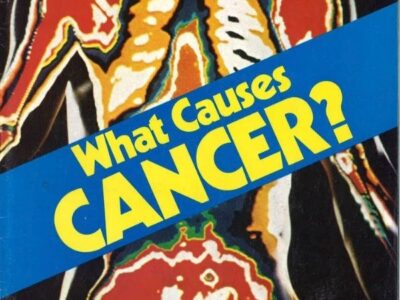Before May 14, 2022, if you mentioned Buffalo, NY, my mind would have taken me back to the city I knew in the 1960s. I grew up there. I was a kid from the ‘hood whose grandmother instilled messages about living a life based on grace and humility from day one. I was a Head Start kid surrounded by people who believed in the power of providing possibility. I was a kid from the poor, Black neighborhood that bordered the poorer, Black neighborhood, but I was rich in the experiences that earned me an acceptance letter to the University of Notre Dame where I got the foundation I needed to go to medical school. It is Buffalo, however, where I got the foundation I needed for life.
Tuesday began a typical day in May in South Texas for me as executive director of the Mays Cancer Center. It was a lovely sunny day for late spring, and at our center we were focused, as we are each day, on the core mission we have had for almost 50 years—to decrease the burden of cancer in San Antonio, South Texas and beyond.
One would get little quarrel with the hypothesis that the development of “targeted therapy” is one of the most substantial advances in cancer care and cancer research over the past 50 years.
This June, the Cancer History Project will be focusing on the stories of survivors. Today, we are highlighting a 1991 excerpt from the National Coalition for Cancer Survivorship’s quarterly publication, the NCCS Networker, with commentary by Lovell Jones, a researcher whose work focuses on health disparities.
The Institute for Cancer Research (ICR) was and is a hotbed for basic and translational discovery. Initially a standalone institute, the ICR is currently the main science engine for the Fox Chase Cancer Center.
“Jim Allison: Breakthrough,” a documentary released in 2019, tells the story of 2018 Nobel Prize winner Jim Allison’s quest to cure cancer and the development of ipilimumab.
The Cancer History Project is focusing on health equity and the evolution of ethics in clinical trial research during the month of May.
John Mark Cleland, the first man to be cured of metastatic testicular cancer, died Feb. 7, 2022 in Indianapolis. He was 71.
Join Karen Knudsen, CEO of the American Cancer Society, May 9 at 6 p.m. EST in conversation about health equity as it relates to working with communities and advocating for access to care.
A care hotline and resource hub for Ukrainian cancer patients established by the American Cancer Society, the American Society of Clinical Oncology, and the Sidney Kimmel Cancer Center – Jefferson Health has recruited several hundred volunteers as the organizations work to develop a lasting infrastructure to support those displaced by the crisis.




